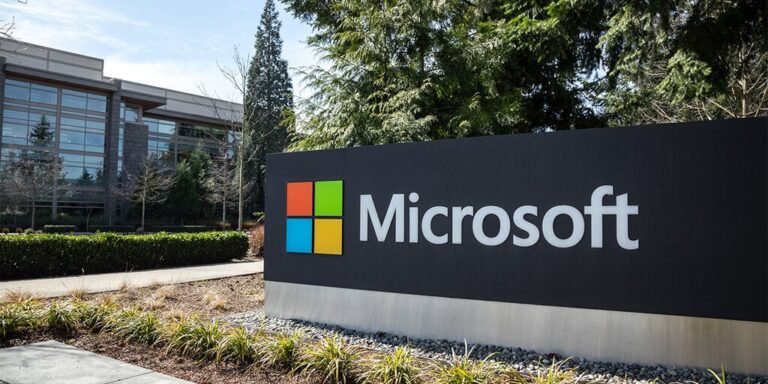At the Google Developer Conference in May, the search giant announced a new feature called AI Overview, Displaying AI-generated summaries in search resultsThe feature didn’t always work as intended, but it survived. Now Microsoft is following Google’s example and adding generative search capabilities to Bing.
“By combining the power of generative AI and large-scale language models with search result pages, Bing’s generative search creates dynamic, customized responses to users’ queries,” Microsoft said. Announced Wednesday. “This new experience combines the foundation of Bing search results with the power of large- and small-scale language models.”
The company’s announcement was largely overshadowed by OpenAI’s release on Thursday of a preview of SearchGPT, which was also seen as a direct challenge to Google’s dominance. As of January 2024, Google holds over 81% of the desktop search market share, with Bing trailing just behind at 10.51%. Statista.
Microsoft stressed the need to provide useful, customized search results, adding: “We understand the search query, review millions of sources, dynamically match content, and generate search results in new AI-generated layouts to more effectively meet the intent of the user’s query.”
Image: Microsoft
The new Bing search results page features AI-generated responses built by models trained on millions of datasets to deliver accurate and relevant results, while the “document index” digs deeper into topics to help users with additional information related to their search queries.
Bing also lists these citations immediately following the AI-generated response, with these clickable links allowing users to go directly to the source of the information if they want to confirm or need additional information.
The feature began rolling out to some users on Thursday, and Microsoft said it was a cautious “gradual rollout” and would “take time” to incorporate user feedback. The company promised to share more details “in the coming months.”
However, having learned from the mixed reactions to Google’s implementation, Microsoft is allowing users to still get the traditional search results, albeit moved to a sidebar on the right side of the page.
The company says it’s also mindful of the impact AI-curated search will have on content publishers: the company claims that its “generative search experience has been designed with this in mind, including preserving traditional search results and increasing the number of clickable links, such as references, within results.”
Search engine competition is becoming more and more fierce, and OpenAI’s search function It is currently being tested by over 10,000 users.
Interestingly, Microsoft, a major investor in OpenAI, is not using Copilot’s branding in this latest announcement. Bing Chat (now Copilot) relies on OpenAI’s GPT-4 and Dall-E 3.
moreover, ConfusionA free AI chatbot marketed as an “answer engine” with search engine capabilities.
As AI-powered search tools continue to evolve, the challenges of countering misinformation, avoiding illusions and citing sources remain of paramount concern.
Editor: Ryan Ozawa.


